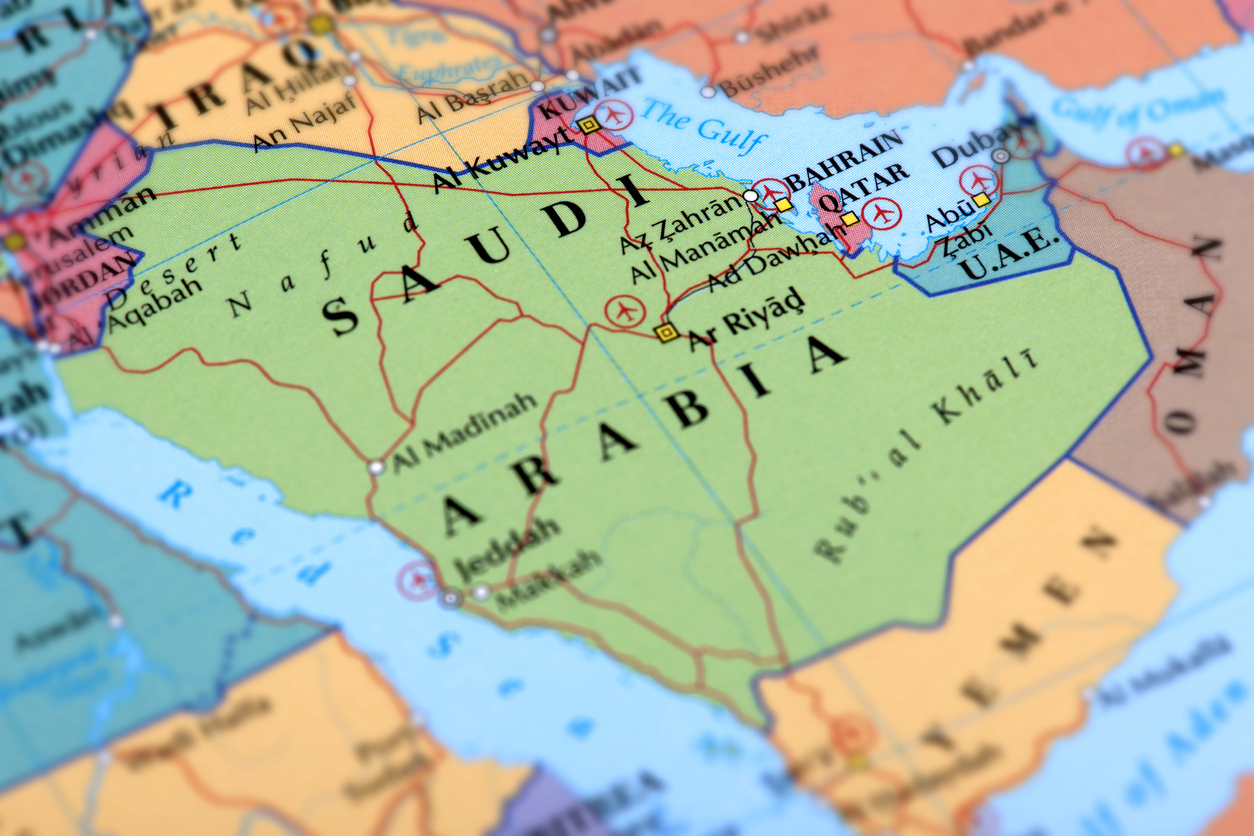On May 21, 2021, the DIFC Court of Appeal ruled in Lahela v Lameez that the Riyadh Convention is not part of DIFC law, and in any event provides a non-exclusive service regime. This appeal is concerned with the service of documents relating to proceedings brought in the court by Lameez against Lahela relating to the enforcement of an arbitral award made in favor of Lameez and against Lahela in an arbitration conducted in the DIFC.
This is good news to all DIFC Court practitioners who have been struggling with Pearl Petroleum and its underlying impediments it created concerning DIFC Court documents in the GCC Region. The DIFC Court can now order alternative service or dispense with service in respect of a receiving party domiciled in a Riyadh Convention state.
The Court also clarified that the implementation of international agreements relating to civil and commercial matters to which the UAE is part of are not automatically part of DIFC Law. This is an important development with wide-ranging implications for the source and content of DIFC Law, as well as for the enforcement of DIFC-seated arbitrations.
Few weeks earlier, on May 9, Meysan Partners in association with Gibson Dunn obtained a similar judgment ordered by the DIFC Court dismissing Korek Telecom Company LLC’s (“Korek”) appeal to set aside the order for alternative service of the Modern Global Company for General Trading of Equipment, Supplier for Construction and Real Estate WLL (“Modern Global”) award. This appeal included the service of documents relating to proceedings brought in the DIFC Courts by Modern Global against Korek relating to the enforcement of an arbitral award made in favor of Modern Global and against Korek. The latter had contended that even though it received copies of the relevant court documents, they were not in accordance with the procedures specified in the Riyadh Convention. At first instance, the Judge concluded that the Convention was not part of DIFC Law to be applied by the Court and therefore, dismissed Korek’s appeal to set aside the order for alternative service.
What Happened in Pearl Petroleum?
The DIFC Court of Appeal in Pearl Petroleum set aside an order for alternative service of a recognition and enforcement order.
The DIFC Court judged that based on the Article 5 of UAE Federal Law No. 8 of 2004 treaties which form part of the law of the UAE are binding in the DIFC. Additionally, the Court found that, not only was the Riyadh Convention applicable in the DIFC, but the service regime in Article 6 of the Riyadh Convention was compulsory and exclusive. Explicitly, the terms of the Riyadh Convention could never be bypassed by an order for alternative service or to dispense with service altogether.
As a result, Pearl Petroleum caused complications to DIFC Court practitioners and users. If the Court of a Convention State refused or failed to serve a DIFC Court recognition and enforcement order pursuant to the Convention Service regime, the recognition and enforcement order never became enforceable. Hence, the service and implications of other court documents became very challenging.
The Riyadh Convention is Not Part of DIFC Law
In summary, the DIFC Court in Lahela v Lameez made the following key judgements:
1. Article 5 of Federal Law No. 8 of 2004 does not mention that international agreements to which the UAE is part of are not automatically part of DIFC Law Subject to Article 3(2) , unless and until a relevant Emirate expressly implements the international agreement into the domestic law of the relevant Financial Free Zone, such obligations will not form part of that domestic law. The Riyadh Convention is not therefore part of DIFC Law.
2. In any event, the Riyadh Convention does not provide an exclusive service regime.
3. The DIFC Court can order alternative service or dispense with service in respect of a receiving party domiciled in a Convention State.
4. Moreover, if a receiving party is domiciled in a Convention State, the Riyadh Convention can still be considered, provided the DIFC Court Rules are satisfied.
Certainly, the Court of Appeal’s decision will be appreciated by DIFC Court practitioners and users. It will offer them some clarity to an issue that has been haunting them since Pearl Petroleum and will give them some flexibility regarding service-out of DIFC Court documents on parties residing in Convention states.
This decision also endorses the DIFC Court to be a regional dispute resolution hub that is pro-arbitration and committed to enforcement.


On August 6, 2024, the Saudi Arabian government introduced amendments to the Labor Law issued by Royal Decree No. (M/51) dated 23/8/1426 AH, as amended. These changes aim to improve working conditions, clarify employer obligations, and enhance worker rights. The revisions include amendments to thirty-eight articles, deletion of seven articles,… Read more


The prevalence of restrictive clauses in contracts with a Kuwaiti nexus, introduced by both service providers and product suppliers, has become a notable feature in the business landscape. These clauses often seek to limit client autonomy by restricting the resale of purchased goods or engagement with competing service providers. However,… Read more


After much anticipation, Egypt’s Prime Minister issued Decree No. 1120 of 2024 (Decree) revealing the long-awaited amendments to the Competition Act’ executive regulations (Regulations). By way of background, in December 2022, the Egyptian Competition Act underwent a major overhaul with the introduction of a pre-merger control regime that grants the… Read more


The business and economic landscape of Kuwait just changed. With the ratification of the first law of 2024: Law Regarding the Amendment of Article 24 of the Commercial Law and Article 31 of the Public Tenders Law (1/2024) (the “Foreign Company Amendments Law”) on 21 January 2024, foreign companies now… Read more


The Kingdom of Saudi Arabia has introduced a series of groundbreaking premium residency options. Dr. Majid bin Abdullah Alkassabi, Chairman of the Premium Residency Center announced five distinctive categories—special talent, gifted, investor, entrepreneur, and real estate owner residencies. This strategic move, harmonizing with Vision 2030's objectives, positions Saudi Arabia as… Read more


The Egyptian Competition Authority (the “ECA”) has traditionally been known for its aggressive stance towards historically tolerated anti- competitive acts. To live up to its slogan, “a stronger economy…for a better life”, it recently began shifting its focus to awareness-raising (in parallel with enforcement), a much-needed step in a market… Read more